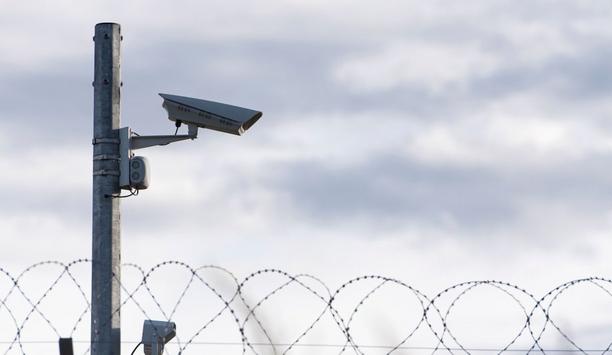 |
| The BSIA has outlined a number of changes which are set to affect the CCTV landscape |
Rapid development in the field of CCTV standards and regulation has prompted the British Security Industry Association to call for increased engagement by industry practitioners in standards committees and working groups.
In a letter to business leaders in the CCTV sector, the BSIA’s Technical Director, Alex Carmichael, outlines a number of forthcoming changes set to affect the CCTV landscape, including three British Standards, eight International Standards and three BSIA Codes of Practice, which often go on to form the basis of new standards.
In addition, the impact of the Protection of Freedoms Act (2012), the appointment of the Surveillance Camera Commissioner (SCC) and the subsequent publication of the Government’s CCTV Code of Practice in 2013 continue to be felt by industry, with the standards and guidance issued by the SCC’s office expected to be adopted as part of an increasing number of specifications and tenders in the coming year.
"One of the easiest ways for companies to influence this developing landscape is to nominate an expert to a BSIA working group or committee,” says Alex Carmichael, who himself chairs the SCC’s standards working group. "Many of these representatives ultimately represent our industry on British and International standards committees, ensuring that the interests of Association members are fully incorporated into the resulting standards."
"One of the easiest ways |
Earlier this year, the BSIA published a short guide to becoming a working group expert, to help businesses understand the benefits of getting involved in standards development work and outlining the type and frequency of contributions required as well as the opportunities for personal and professional development.
Mark Wherrett, of Synectics Systems Group Ltd, chairs the BSIA’s CCTV Technical Committee. He comments: "Having knowledge of what standards are likely to contain allows me to advise my company of areas where products or practices may be non-compliant. This allows us to take the necessary corrective actions in advance of the publication of those standards. I [also] have the opportunity to use my expertise and experience to shape standards for the UK which is useful for my own professional development."
In his letter to company chiefs, Alex Carmichael outlines a number of changes that look set to impact businesses in the CCTV sector in the near future. Among them are Governmental changes – not least the formulation by the SCC of a CCTV Framework for the UK – as well as International standards coming into force imminently, including the series of BS EN 62676 standards.
Alex Carmichael also comments: "Looking ahead to the coming year, it is clear that the CCTV landscape is set to undergo several important changes, both within the UK and internationally. With its presence on a number of standards development committees, as well as the Surveillance Camera Commissioner’s Standards Working Group, the BSIA wields significant influence over these developments. As such, it’s more important than ever that the Association fully represents the interests of its members, and equally important for our members to play an active role in the BSIA’s activity."


















